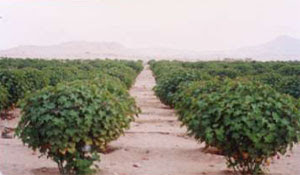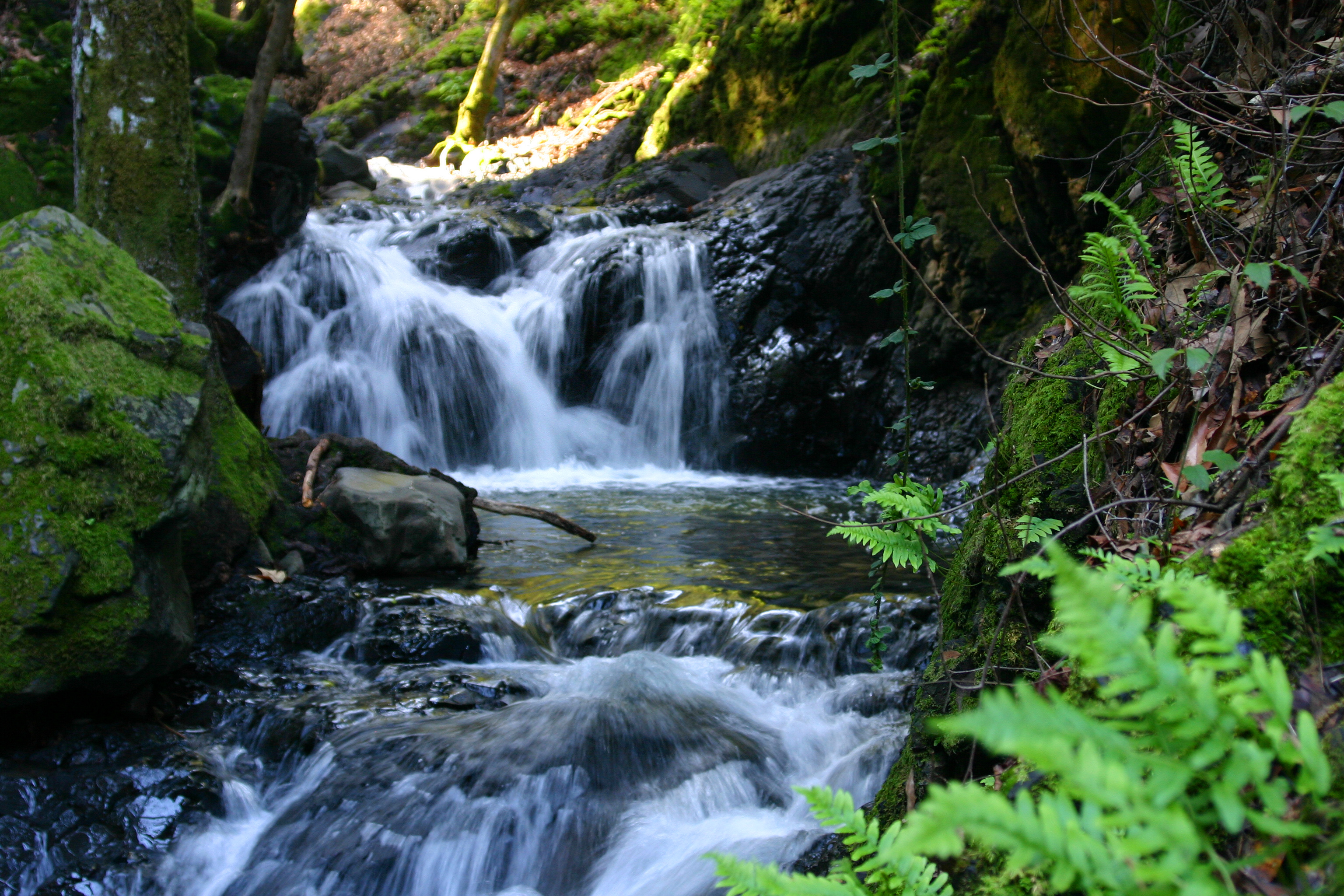Biofuel Crops Raise Invasion Concerns

Concern over invasive biofuel crops has caused the IUCN to look deeper into the potential risks associated with their introduction and impacts on local livelihoods and the environment. Nadine McCormick, IUCN Energy Network Coordinator puts it this way: “Current biofuel production is based on established food crops, and while this raises other sustainability concerns, the risk of invasion is not large. However, this risk will increase exponentially as new plants – that grow fast with many seeds in pretty much any land – are cultivated for more advanced biofuels.”
Not all biofuel crops are invasive, but this new report does push for more precautionary actions to avoid any detrimental impacts on the environment and livelihoods. The invasive nature, which is not inherent, of a biofuel crop depends on the environment in which it is grown as well as the method by which it is grown.
Geoffrey Howard, IUCN Global Invasive Species Coordinator, states that “biological invasions from the introduced species themselves, as well as from the production processes, are real risks to biodiversity and livelihoods,” and goes on to say “the risks can be reduced by following the guidelines we’ve set out.”
The guidelines, a product of cooperation between the IUCN and the Roundtable on Sustainable Energy (RSE), include step-by-step recommendations for reducing the risk of biological invasions by biofuel crops.
The report can be found here:
I remember working on an environmental impact assessment project in 2007 for a Jatropha (a biofuel crop) plantation project in southern Egypt; beautiful Luxor and Aswan! We had not listed biological invasions as one of our concerns due to the project’s location – in the middle of nowhere without any signs of life. It would be great to go back and see what has become of this project.



